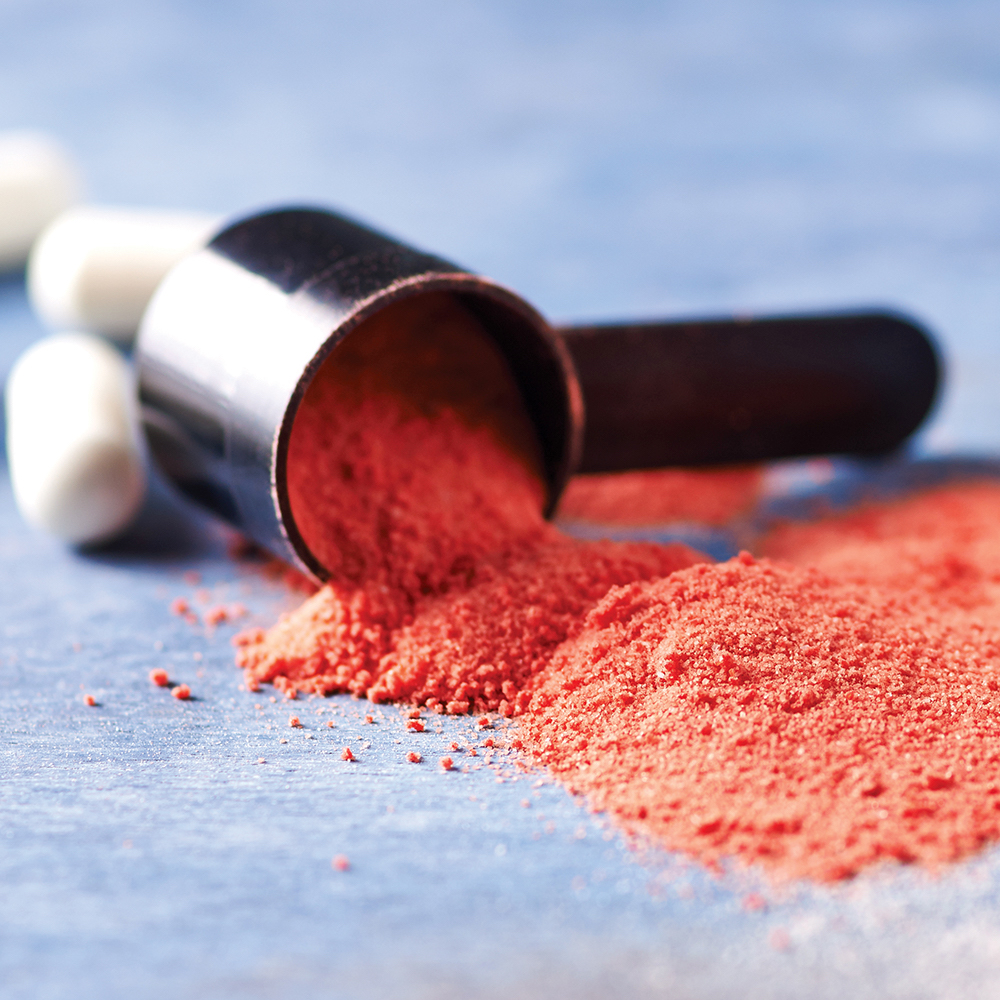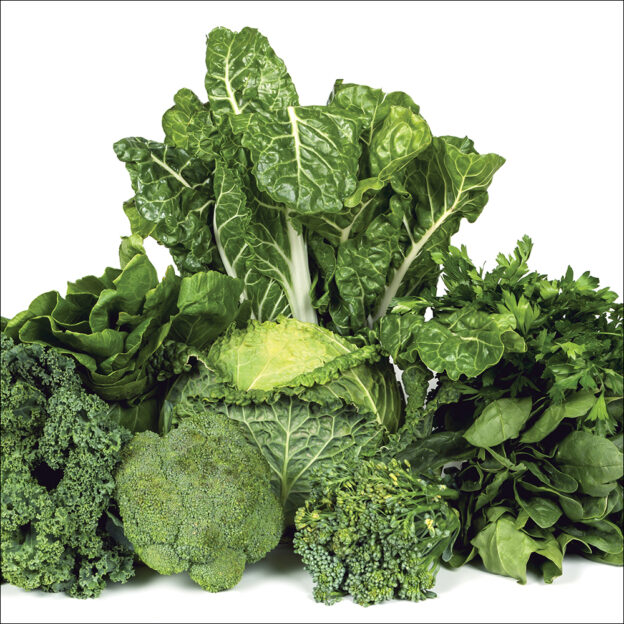Table of Contents
By Bryant Lusk

Amino acids—the building blocks of proteins—are primarily categorized as either essential or conditional. Essential amino acids cannot be created by the body and must be obtained via diet. Conditional amino acids are made within the body and can also be obtained from food and supplements.
Taurine is a conditional amino acid that is responsible for a variety of key functions, such as the support of electrolyte balance in the cells, maintenance of nervous system functions, and the management of calcium levels in the body.1 It is one of the most plentiful amino acids in your brain, retina, muscle tissue, and organs, and is given with medications to treat congestive heart failure. It also plays a positive role in helping manage weight loss, diabetes, anxiety, and sleep disorders.
Additionally, evidence indicates supplementing with taurine lowers blood pressure and calms the sympathetic nervous system, reducing heart strain. As an added bonus, it also appears to provide a much deeper and sustainable sleep. As you sleep, your cardiovascular system enters a highly beneficial state called nocturnal blood pressure dipping.
What is Nocturnal Blood Pressure Dipping?
When you sleep, your cardiovascular system enters a highly beneficial state called nocturnal blood pressure (BP) dipping. In this state, your blood pressure drops as much as 20 percent below your daytime resting state, relieving stress from your heart. Not achieving adequate sleep adversely impacts your ability to enter nocturnal BP dipping. A mere five percent reduction in nocturnal BP dipping resulted in roughly a 20 percent increase in death from cardiovascular events.
Additionally, one study comprised of nearly 475,000 men and women revealed that individuals who regularly obtained less than six hours of sleep per night saw a 48 percent increase in developing coronary heart disease or suffering a fatal coronary event.
Taurine Heartbeat Regulation
Taurine interacts with potassium and the cell membranes of the heart. As many know, potassium is one of the most significant minerals involved in regulating nerve signals and muscle contractions. The presence of potassium within the heart cells allows for the proper generation of electrical impulses that cause the heart to pump blood through muscle contractions.
Taurine improves the ability of molecules to pass through the membranes (protective layer) of the cells of the heart. This process allows cells to absorb potassium more efficiently. Specifically, it is absorbed into the cells where it then converts to an isethionic acid whose presence makes the cells more permeable.2 Patients with heart problems, such as increased heart rates, irregular heartbeat, or even cardiac arrhythmia have noted improved functioning and reduction in palpitations with taurine.
While categorized as a conditional amino acid, some individuals cannot produce taurine at appropriate levels and must obtain it either through their diet or supplementation. Food groups rich in taurine include dairy, meat, and fish.
Incidentally, newborn babies are unable to produce taurine on their own. Their primary source is through mothers’ milk via breastfeeding.
Vegetarians
Taurine is primarily an animal-based amino acid and vegetarians may be deficient. Lack of taurine associated with a meat-free diet can result in mood swings, delusions, and poor mental health. Fortunately, it can be safely and affordably supplemented.
How Much and How Often
Taurine appears to be safe at high levels. Good results tend to occur within a daily intake range of 1,000 to 2,500 mg. However, individuals may forget that some, if not all, of their daily requirements, are either obtained through animal proteins or created endogenously. As such, supplementing 100 percent (or more) is often unnecessary. Reports also indicate there is little to no added benefit to exceed 3,500 mg per day.
Keep in mind, overuse of taurine supplements on an empty stomach can result in acid reflux, resulting from increased stomach acid secretion. Taking it with a meal may reduce this risk but may also diminish absorption.
If you are taurine deficient, you may notice results within two days to two weeks. Short-term results may include deeper sleep (especially when taken with magnesium) and an increased frequency of memorable dreams.
Absorption Enhancers
Your body’s natural taurine production is enhanced by vitamin A, vitamin D3, P5P [vitamin B6], and zinc.
Personal Note
Just 500 mg of taurine made me a little sluggish for a couple of hours. I have since ceased taking it during the day. Taking 500 mg of taurine three to five nights per week, coupled with 20 mg of magnesium, resulting in a much deeper sleep. It also led to more frequent, vivid, memorable dreams that seem to continue for longer durations.
Foods High in L-Taurine:
Whole capelin (6,174 mg)
Cooked Dungeness crab (5,964 mg)
Alaskan salmon fillet (4,401 mg)
Lamb (3,676 mg)
Testing
Measuring taurine levels in whole blood appears to yield more accurate results than measuring levels contained within blood plasma.
—
Author of the Amazon bestseller Osteoporosis & Osteopenia: Vitamin Therapy for Stronger Bones, Bryant Lusk spent four years in the United States Air Force, learning the true meaning of empowerment and pride. With a determination to treat debilitating conditions, Bryant’s books have helped many. His skill in conducting technical research and analysis in aviation and aerospace technology is now being used to bring lifesaving information to the very public he has been entrusted to serve.
Well Being Journal adapted the above excerpt from Heart Disease & Hypertension by Bryant Lusk. Copyright © 2022 and reprinted by permission of Bryant Lusk.
References
- Harris Ripps, et al. “Review: Taurine: A ‘very essential’ amino acid.” Mol Vis. 2012;18:2673-86.
- Chazov EI, et al. “Taurine and electrical activity of the heart.” Circ Res. 1974 Sep;35 Suppl 3:11-21.





